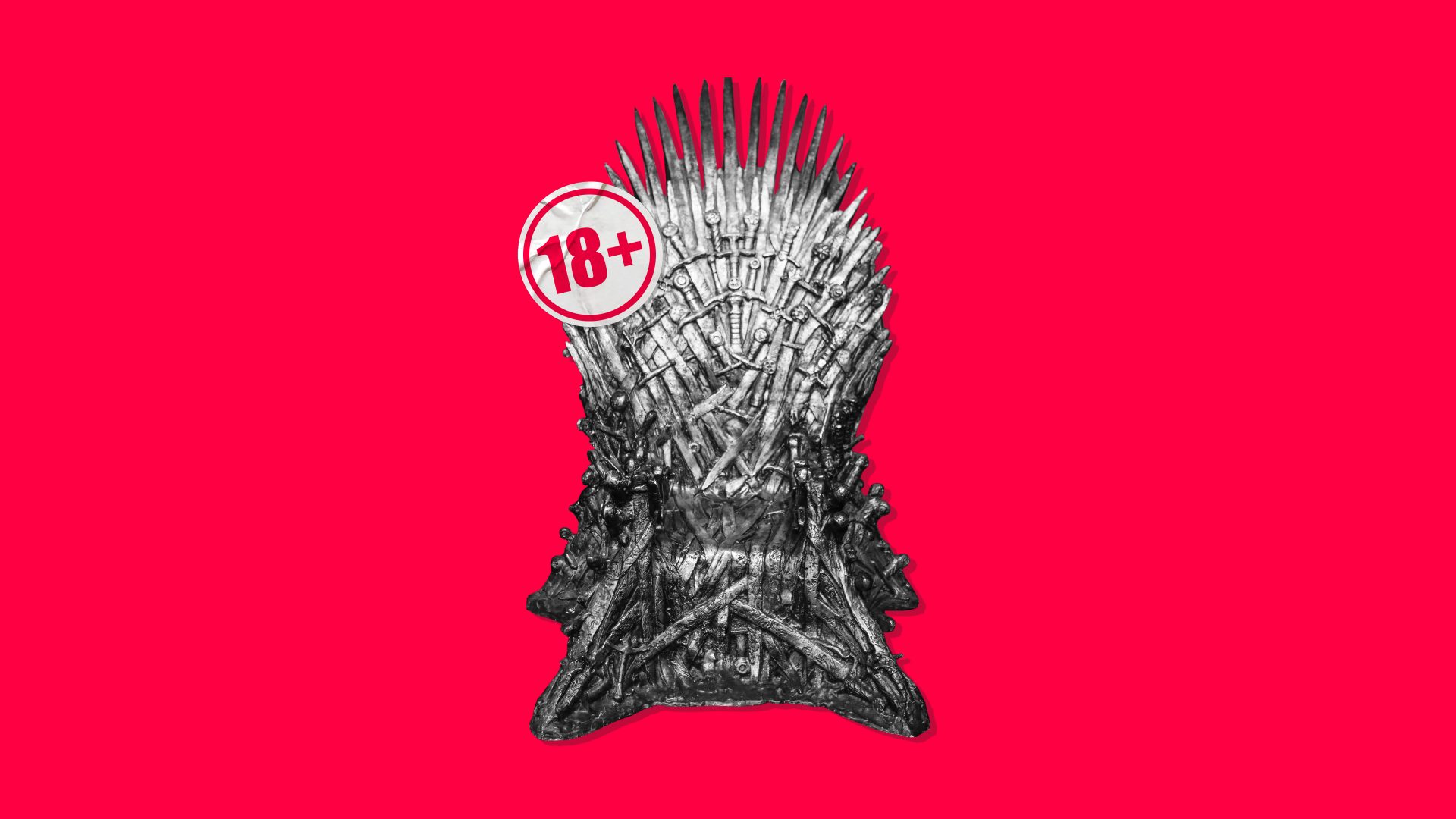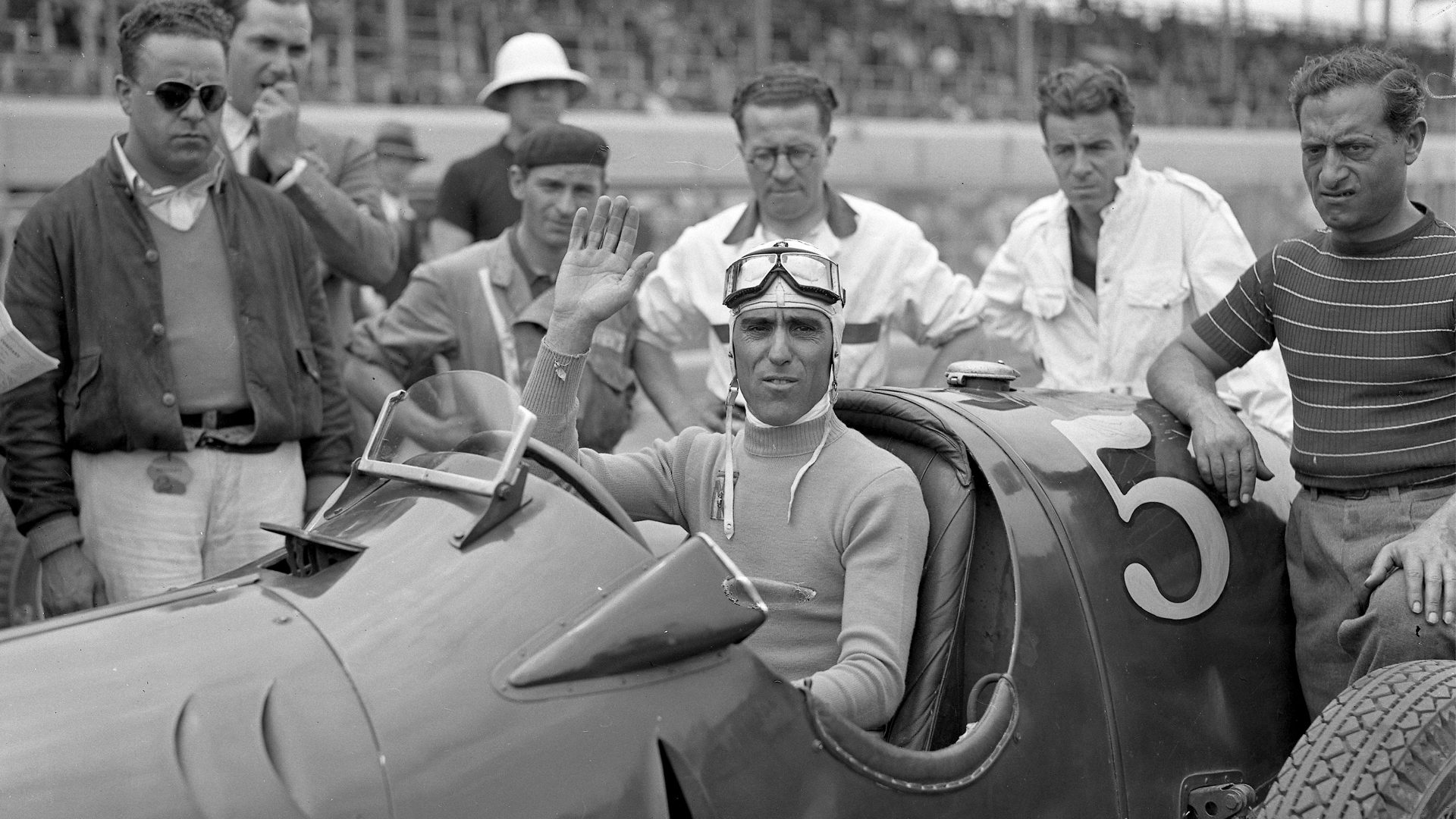Matt Smith – who was the last skinny, white, nervy cis-male Doctor Who, before the show got diverse – has been kvetching to Rolling Stone about the sex scenes he had to take part in for the new prequel series of Game of Thrones. He’s quoted in the magazine recalling this exchange with the show’s producers: “You do find yourself asking, ‘Do we need another sex scene?’ And they’re like, ‘Yeah, we do.’” Smith’s concern was whether these scenes were faithful to the books on which the series was based as written by George RR Martin, or were merely being gratuitously inserted for contemporary viewers. Thankfully for all those teenage boys (of all ages) out there who watch the show for its inspired linkage of bare-breasts-and-girdled-dragons, Smith managed to swallow his scruples and get down to
being serially sweaty under the Klieg lights.
Game of Thrones has considerable form when it comes to what I choose to call “pornography”, if by that is meant the objectification of women and men by means of depicting their sexual exploitation of one another. That it’s principally women who are so used is a given. I well remember the last time I watched Thrones: I was sitting there with my then 15-year-old-son when his mother came into the room, observed the screen for a few minutes, then remarked trenchantly: “Do you think this is suitable viewing?” The scene in question being a teenage male character of supposed “noble” birth, compelling two semi- naked young female prostitutes to beat each other up.
In truth, I hadn’t really even registered what was going on until she called my attention to it – and as soon as she did, I switched the television off, and neither I nor my son have watched an episode since. Subsequent seasons of the show were meant to have detoxified the brand – and now, to publicise this new one, one of its producers has given an interview to Vanity Fair that implies a major shift in the way sex is represented. Sara Hess says the new show will not “depict sexual violence” against women – instead, the one instance of such violence occurs offscreen, and what is instead seen is the aftermath of the incident: its impact on the victim, and on the perpetrator’s mother.
Hess is yet more evangelical when it comes to Game of Thrones’ new anti-pornographic stance: “I think what our show does, and what I’m proud of, is that we choose to focus on the violence against women that is inherent in a patriarchal system.” Maybe so – but personally, I’m not inclined to resume watching in order to find out. My son didn’t mind stopping back in 2012, because – contra to Smith’s assertions – as a fanatic reader of the original novels he was already annoyed by the show’s bowdlerisation of them. And as for getting to see naked women (and men) engage in objectifying sex acts, he – in common with any member of the human race who has access to the worldwide web – was already able to see limitless quantities of entirely free pornography, unmediated by any narrativising.
Only recently he’s said to me quite how damaging he thinks this was for him – and indeed his entire generation: rendering sex as grotesque and alienating as any puritanical religiosity. It’s taken years of having relationships with actual real-life people for him to learn the vital importance of emotional intimacy as a precursor to what I still – in my hokey old way – think of as meaningful sex. Indeed, I’m yet hokier, believing as I do that what people of all sexes and all sexual orientations engage in – and which provides them with a deep sense of connection to one another and healthy wellbeing – should be referred to as “making love”. My suspicion is that for all Smith and Hess’s protestations, there still won’t be any of this in the new Game of Thrones – and that’s for two reasons: first, it’s almost impossible by definition to show people making love.
I can’t speak for the polyamorous, but it seems self- evident to me that we’re only fully able to make love when we can allow our sense of our own bodies to be wholly defined by the other’s desire. Which makes it axiomatic that when the intimacy coach comes on set – all intimacy flies out of the window. And then there’s the aforementioned pornography: because it’s this that mainstream shows are really competing with now, and in order to do so, for
the most part, sex scenes are nasty, brutal and short. I do believe it’s possible to portray humans’ sexual interactions sensitively and faithfully – this is what we term the erotic; but significantly it depends for its effects on what is not shown rather than what is.



